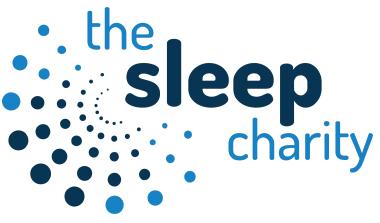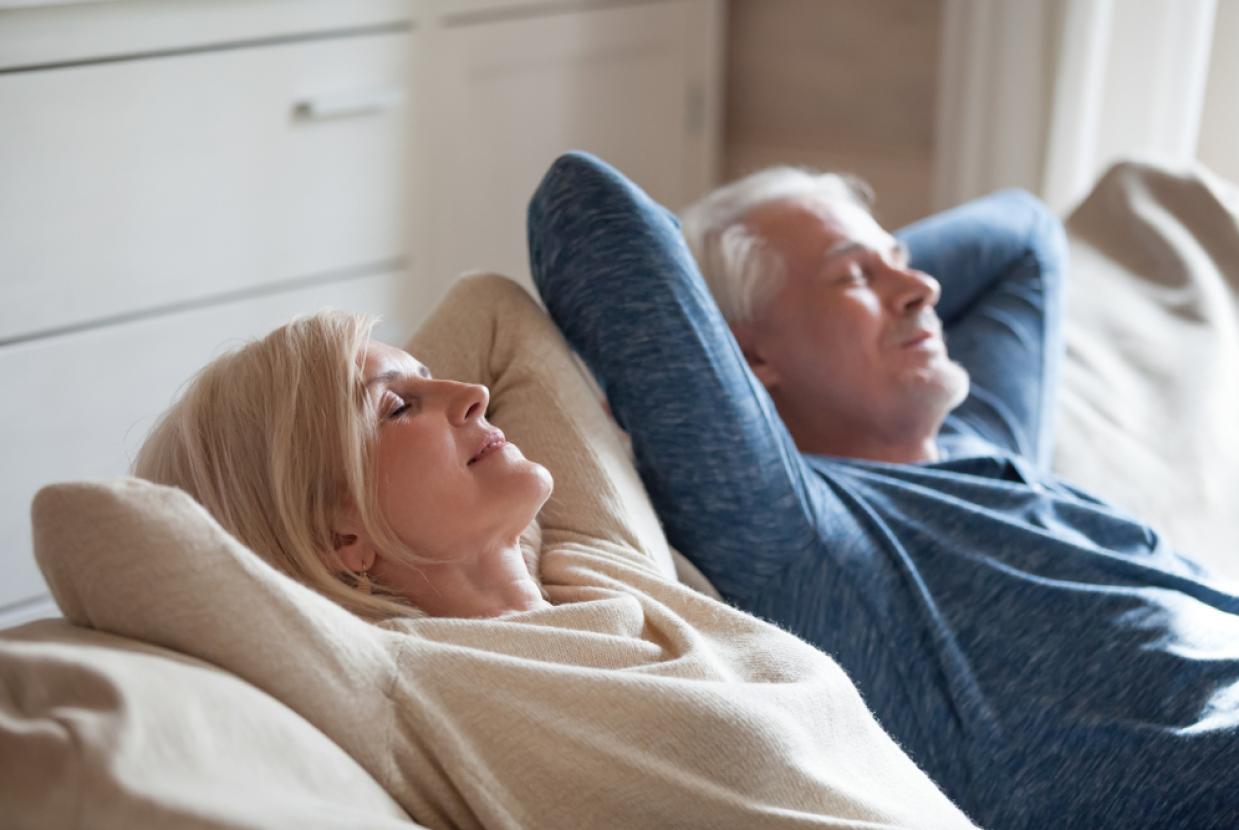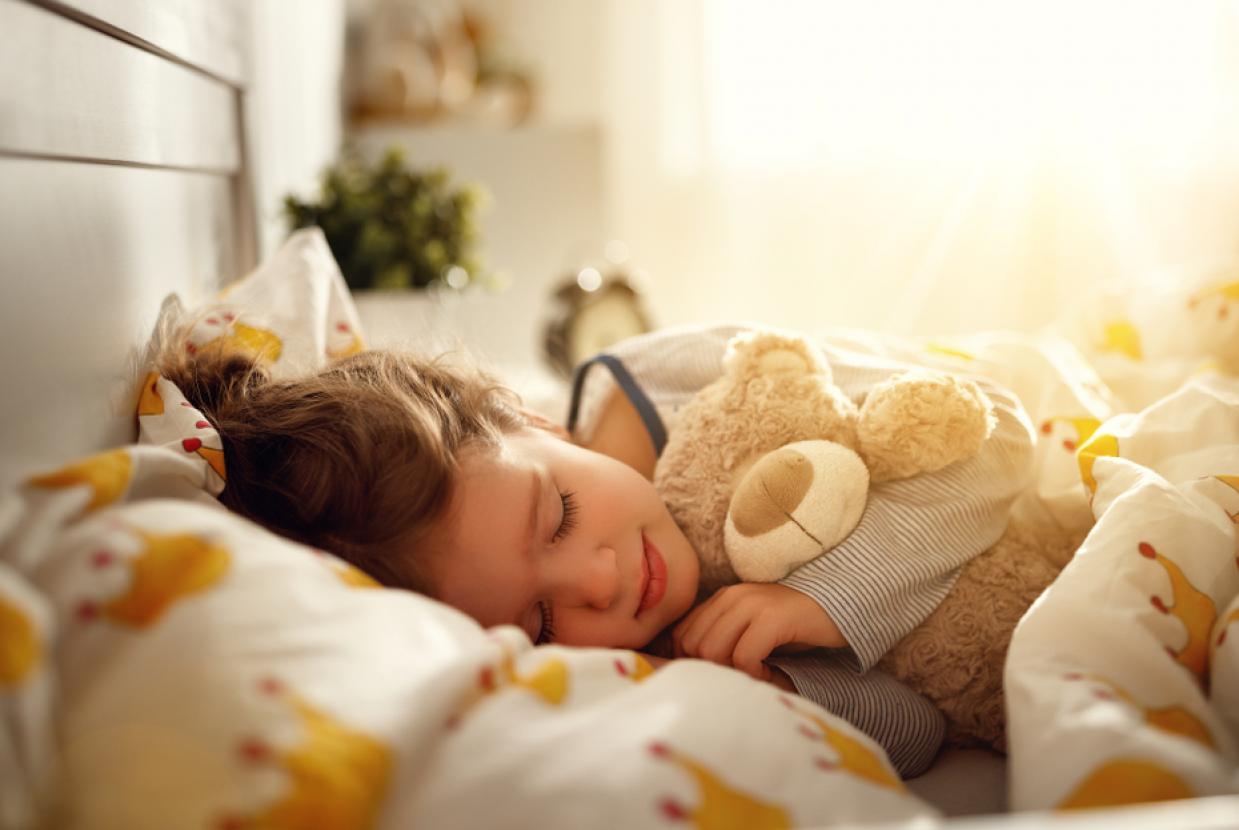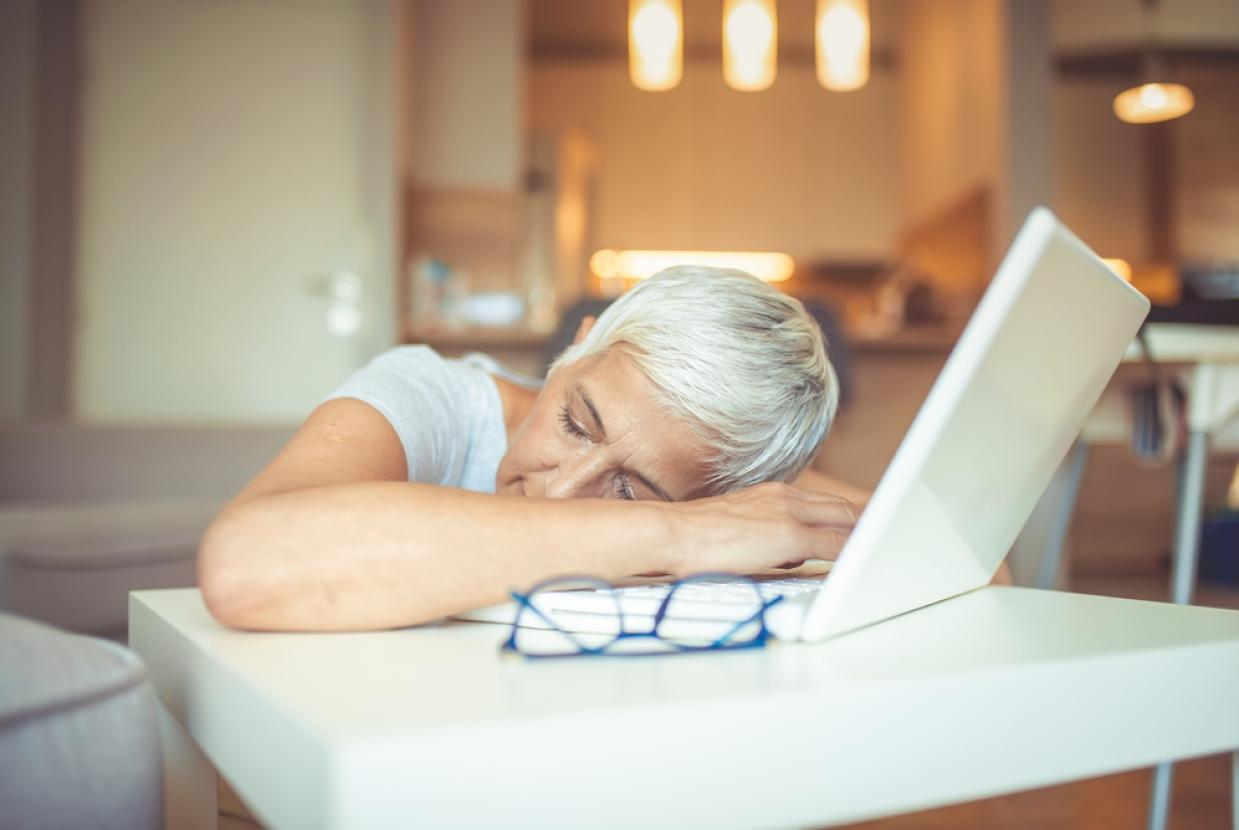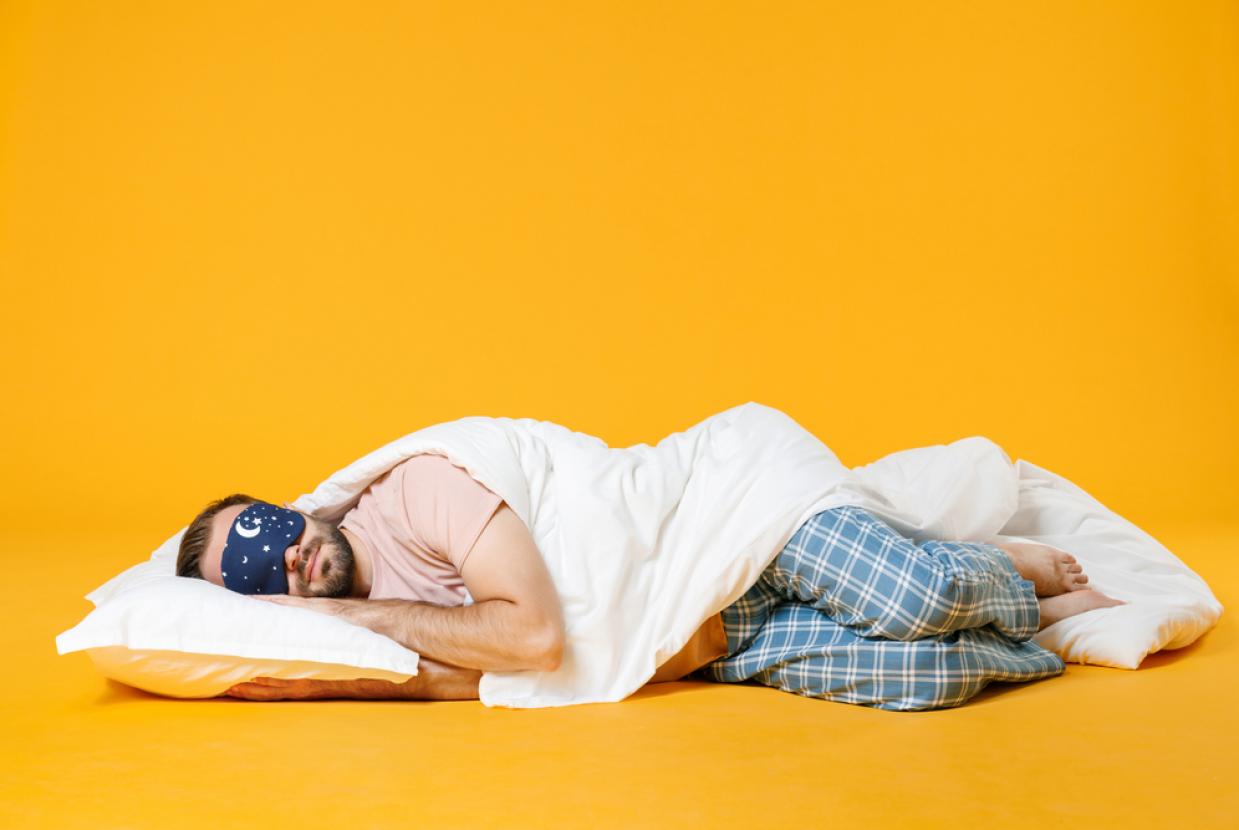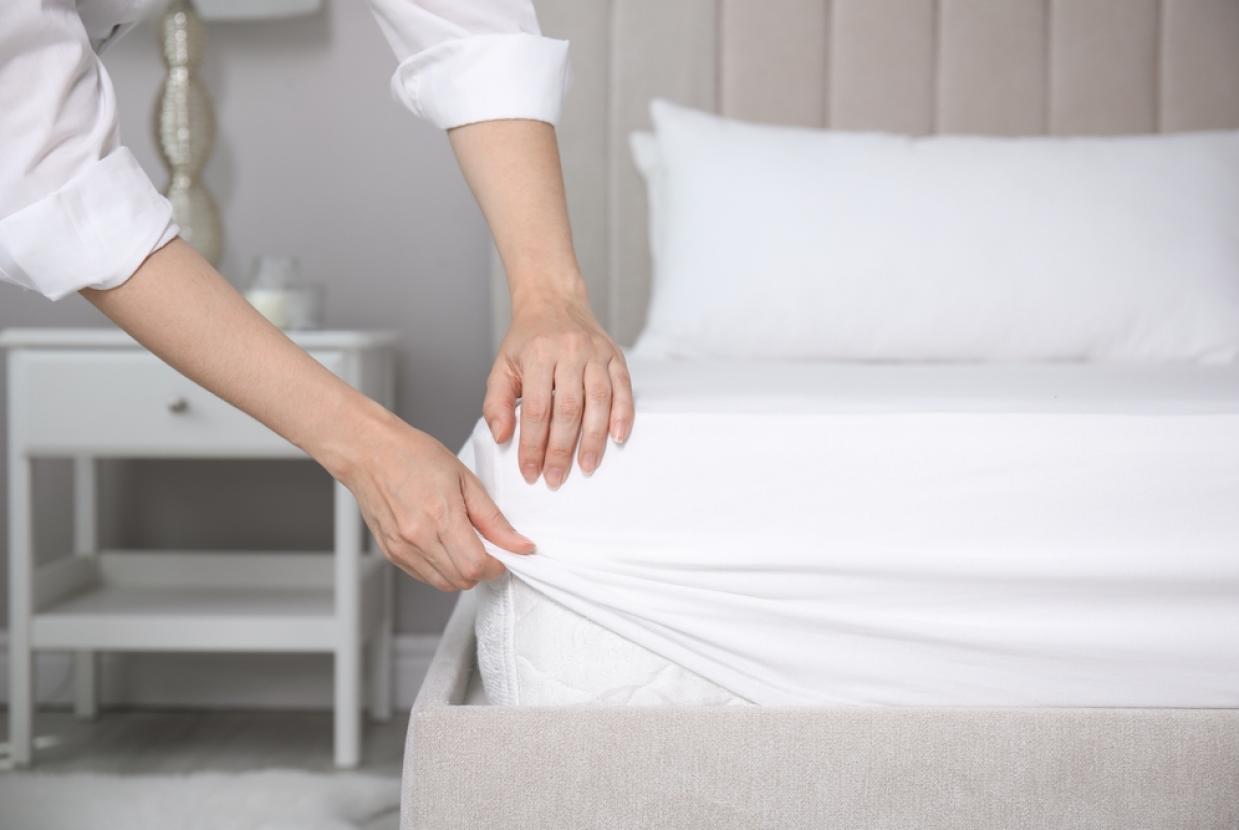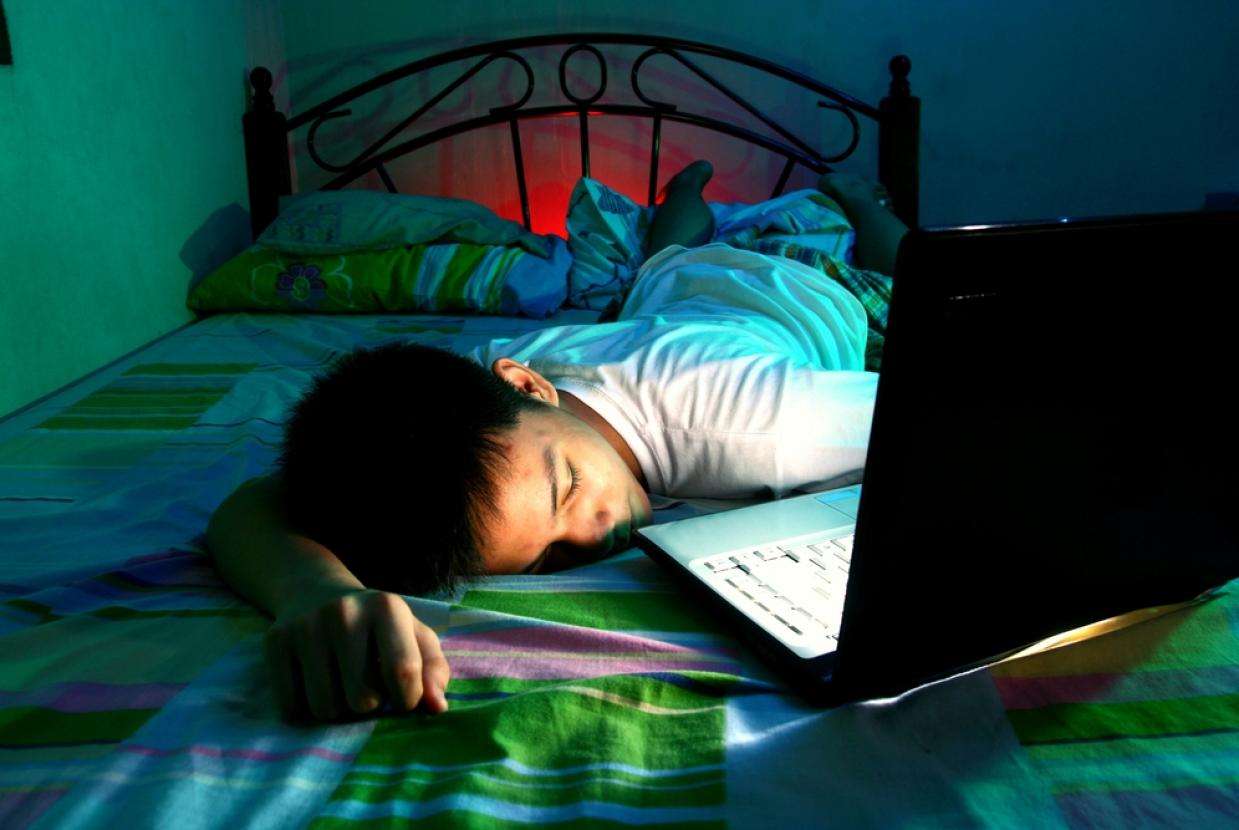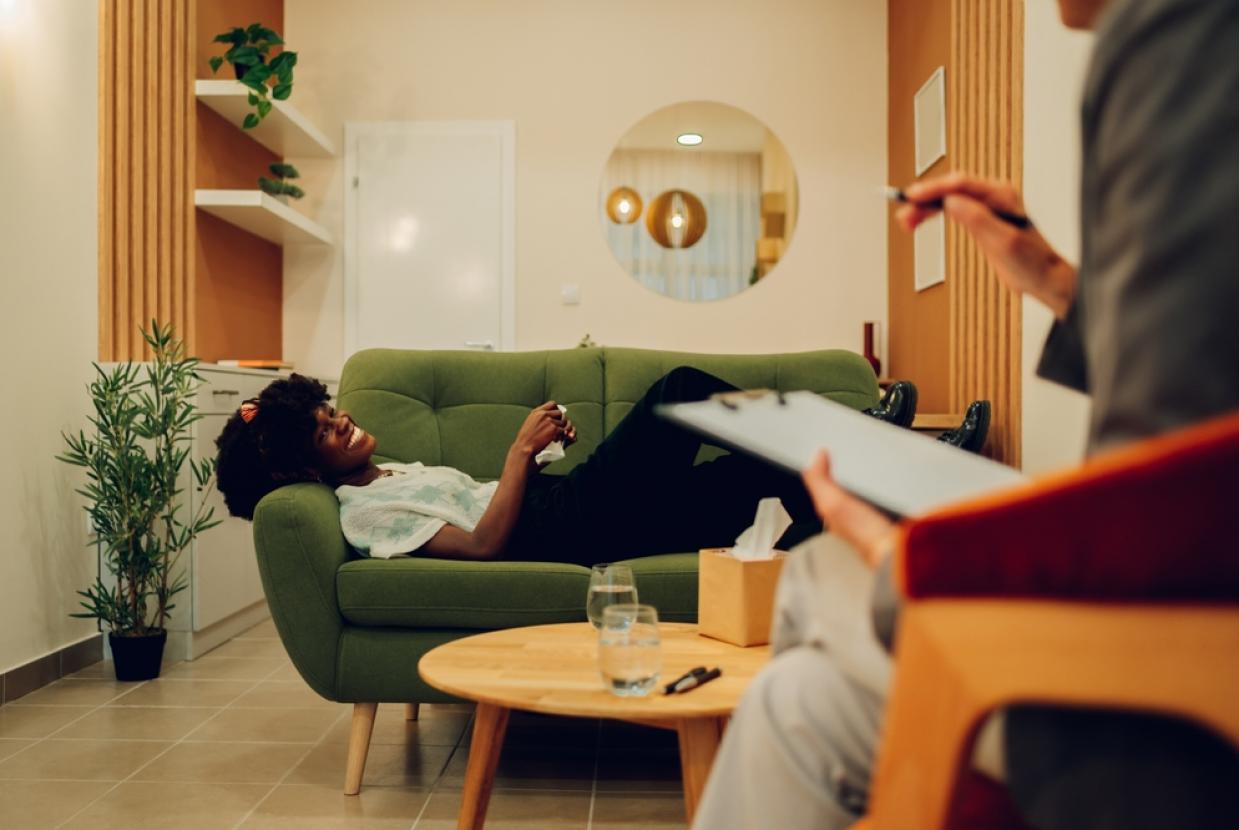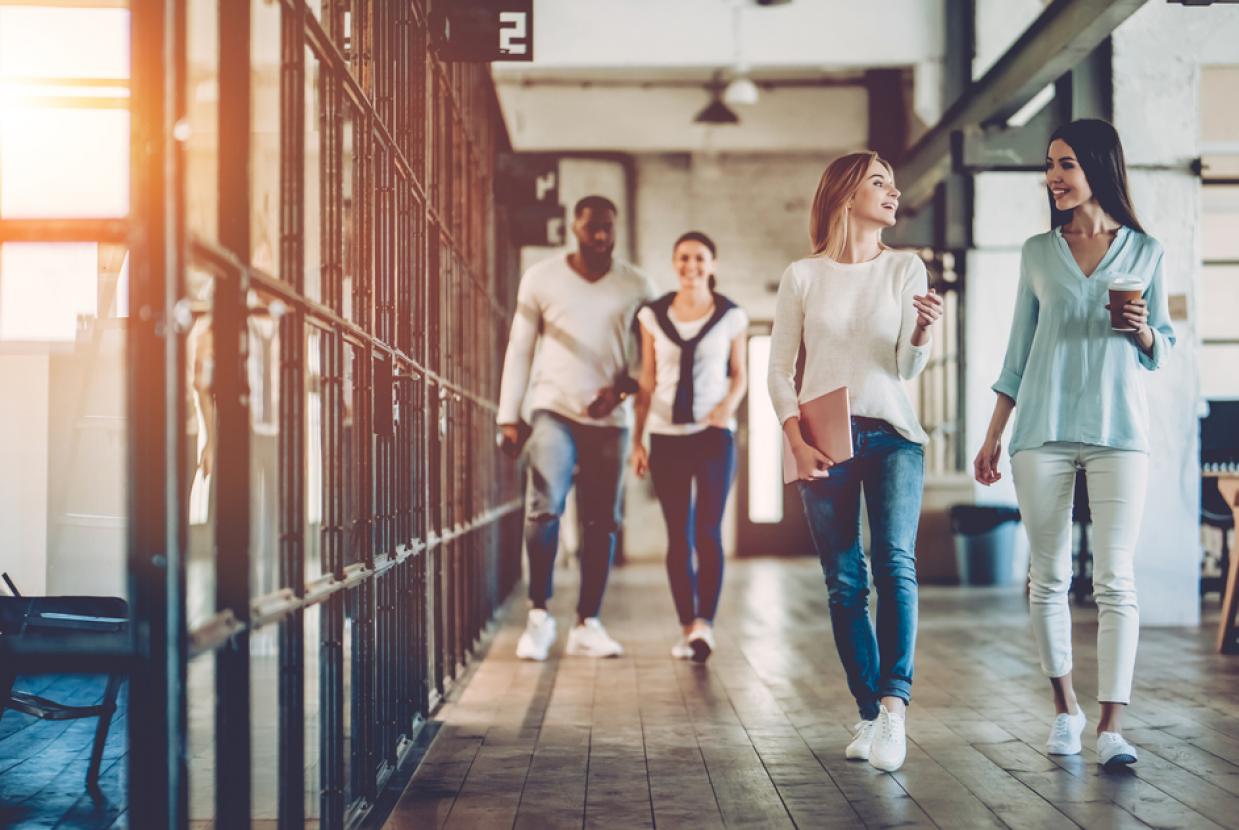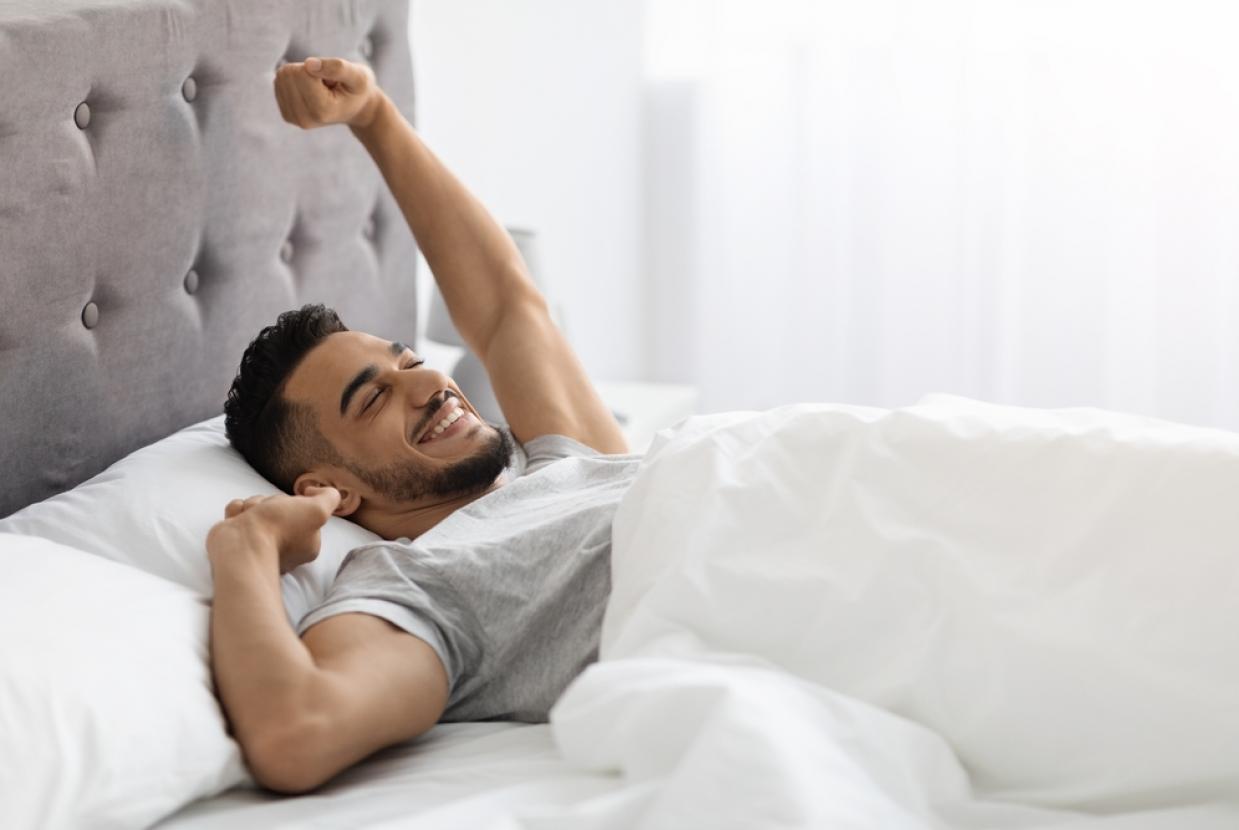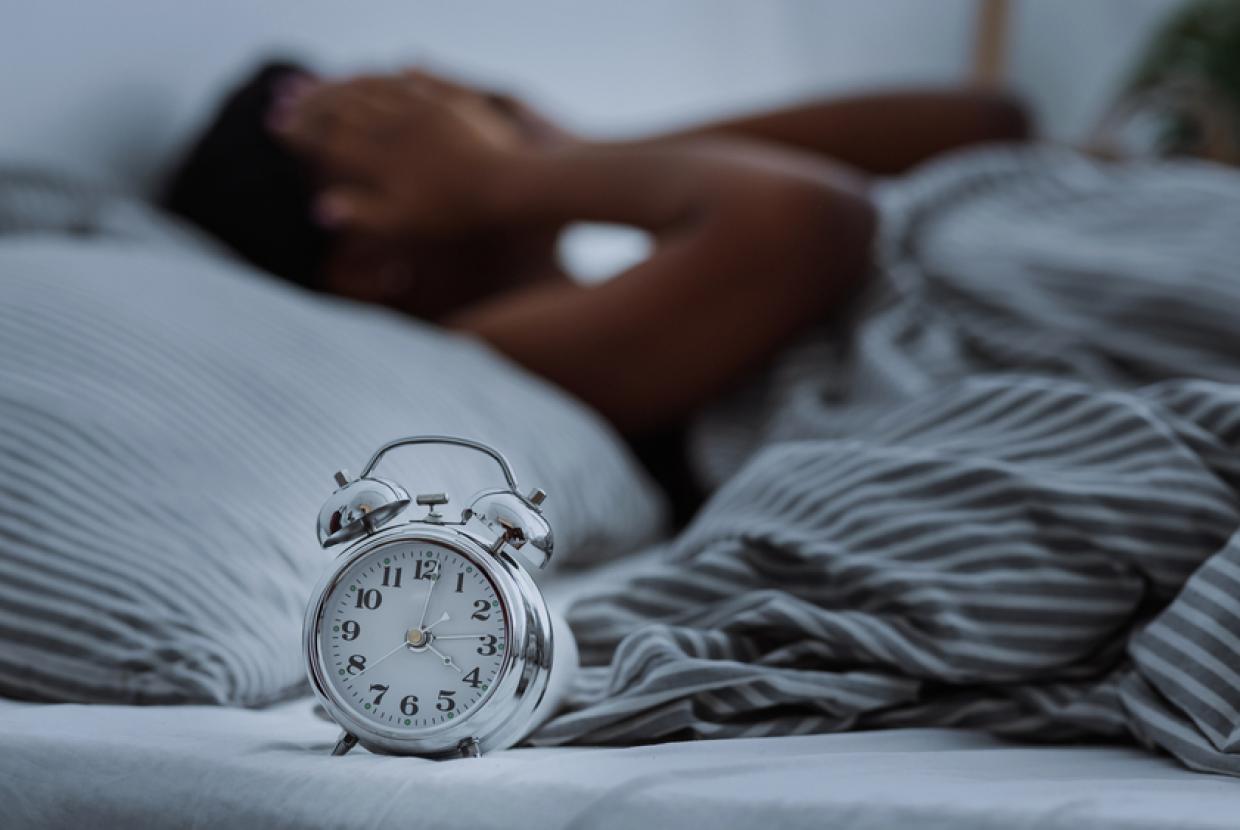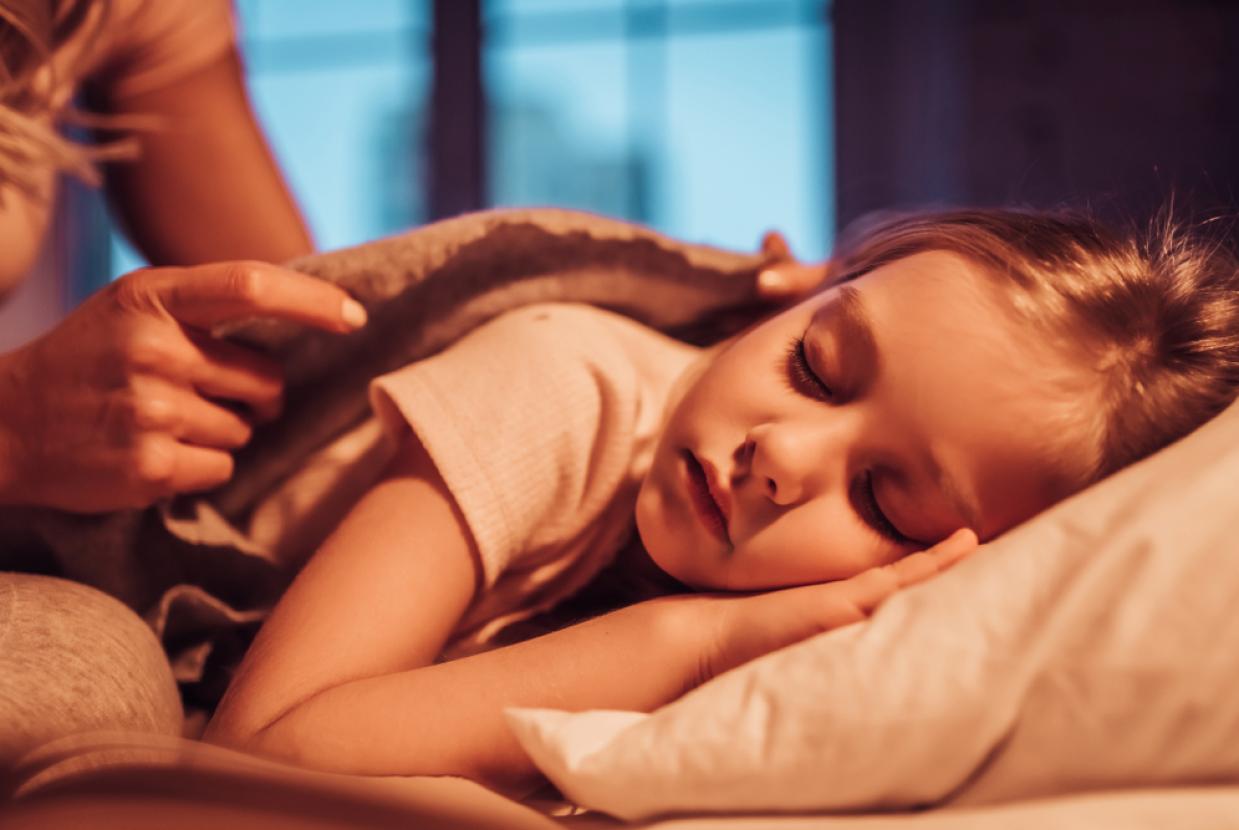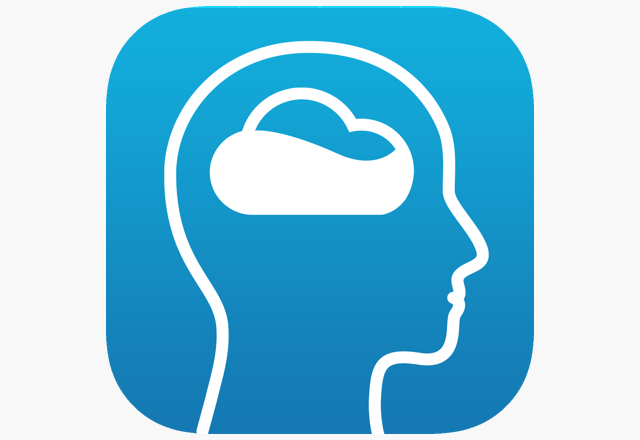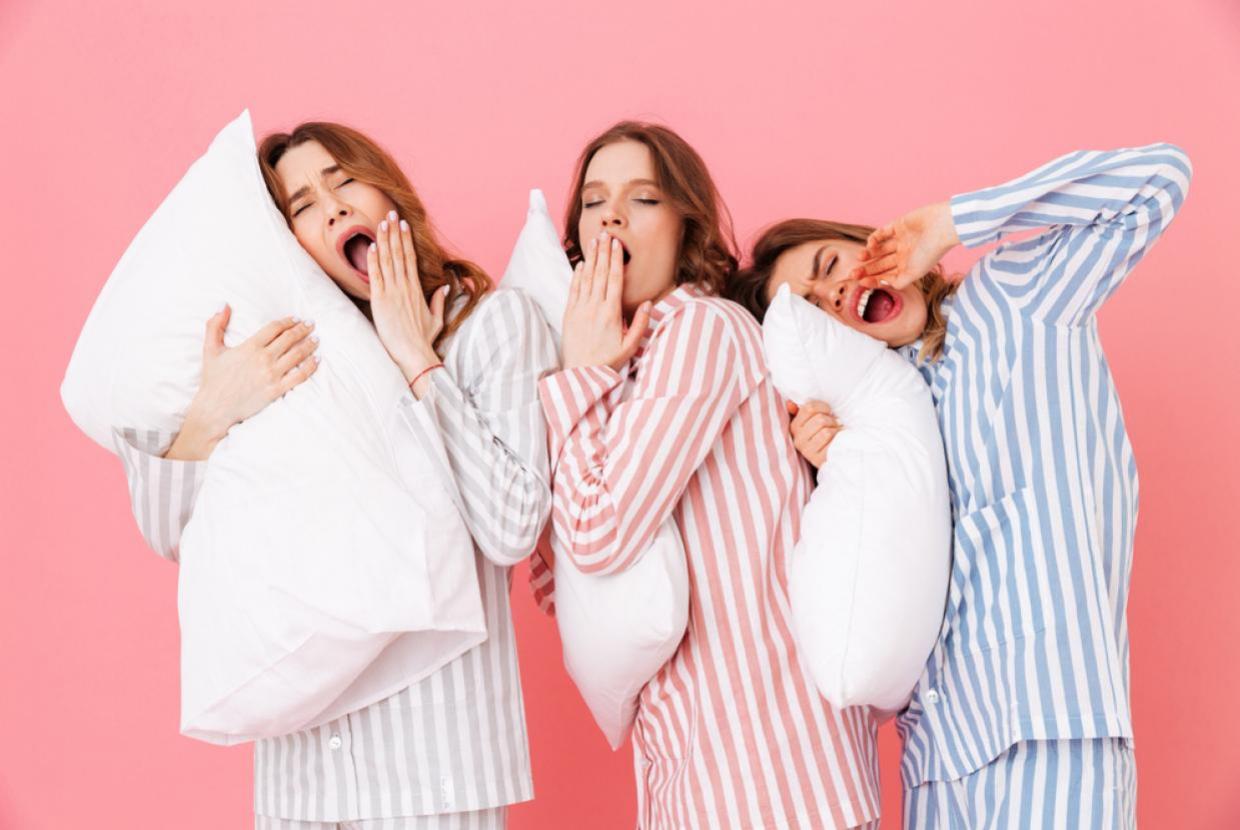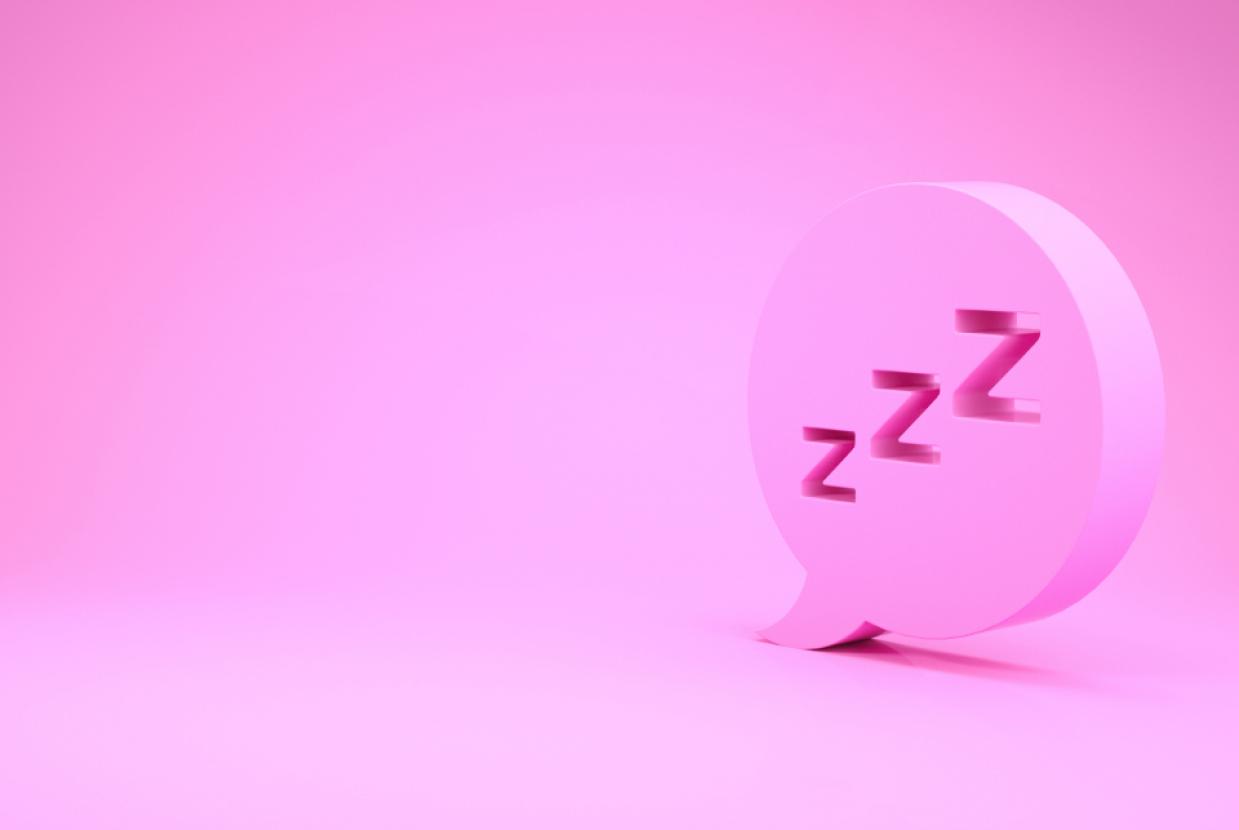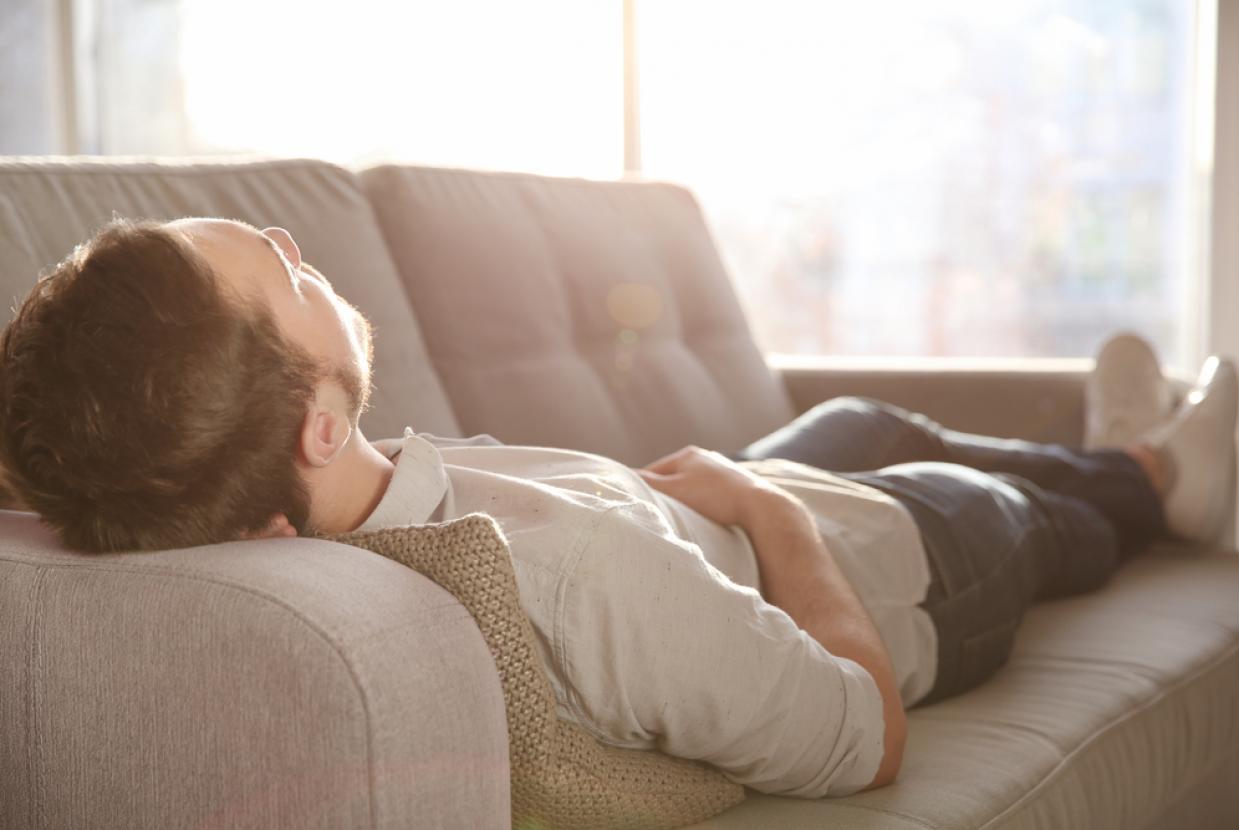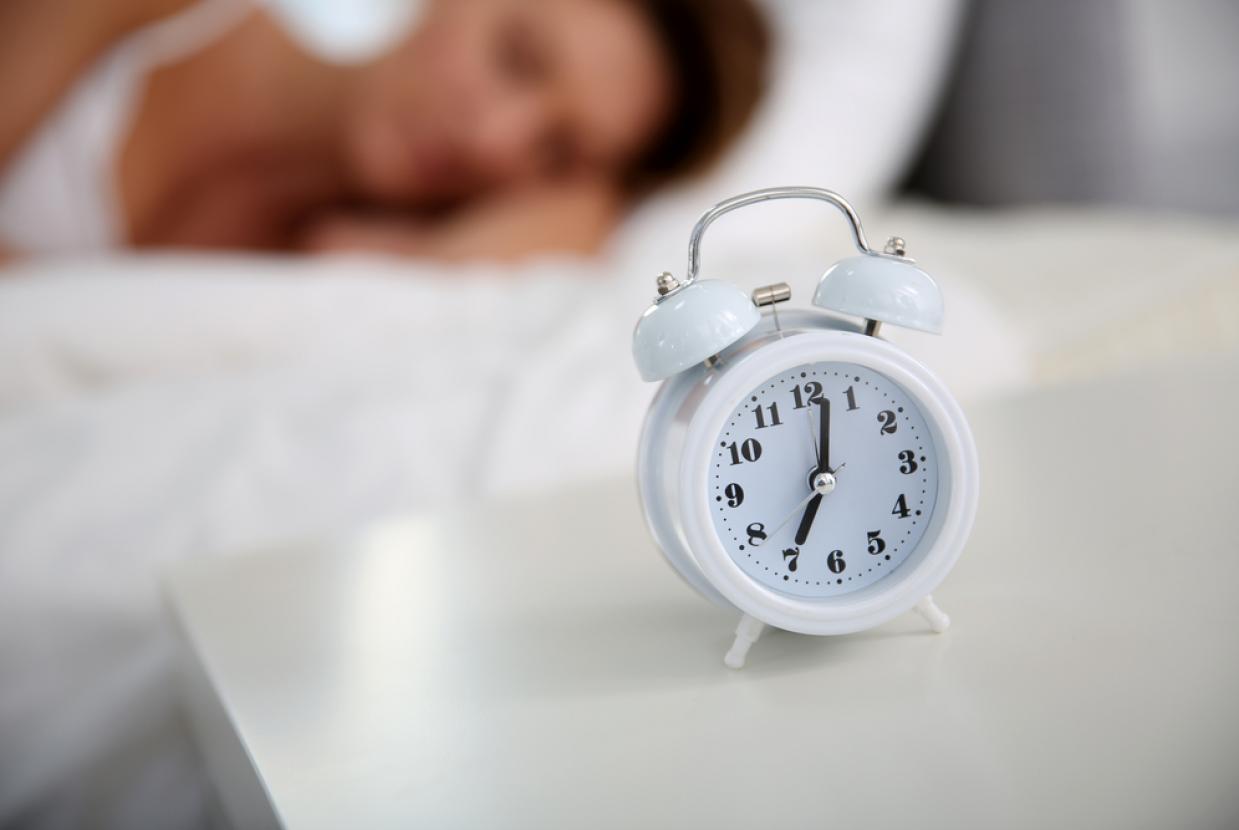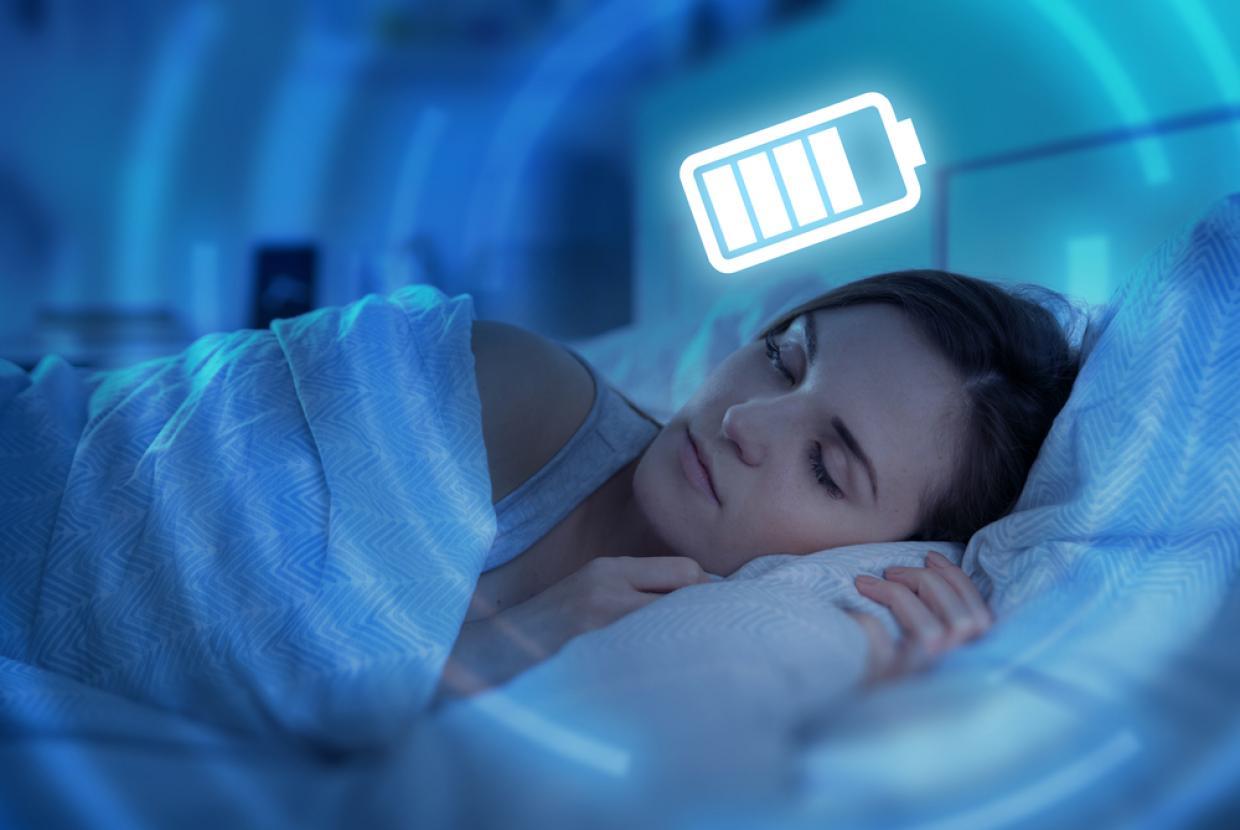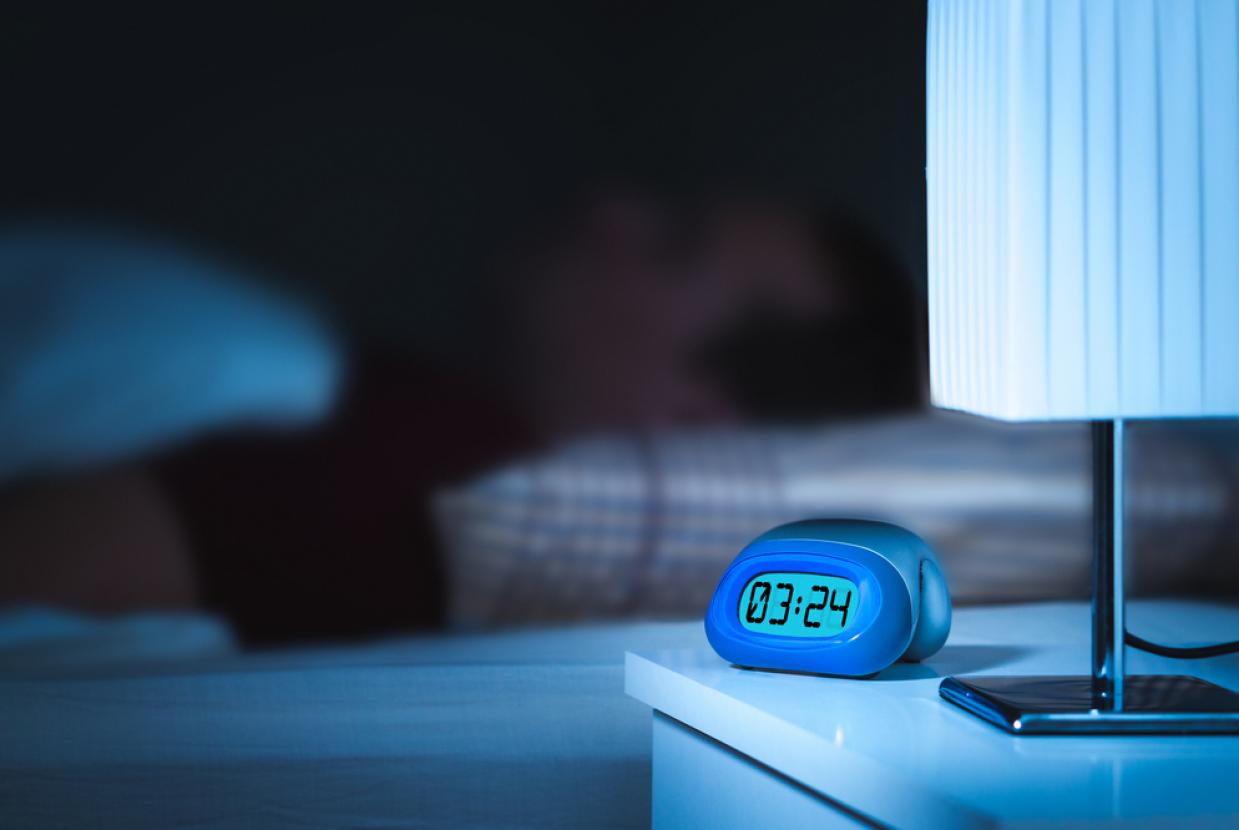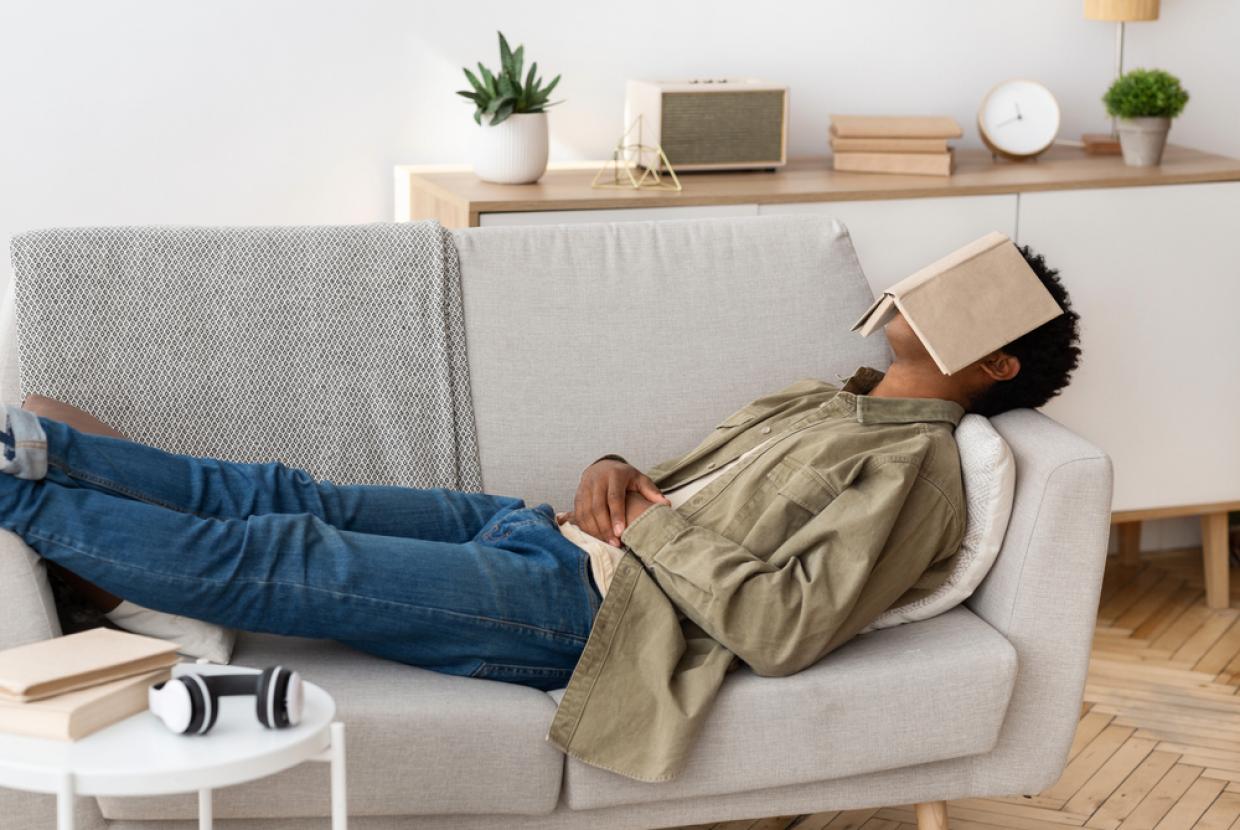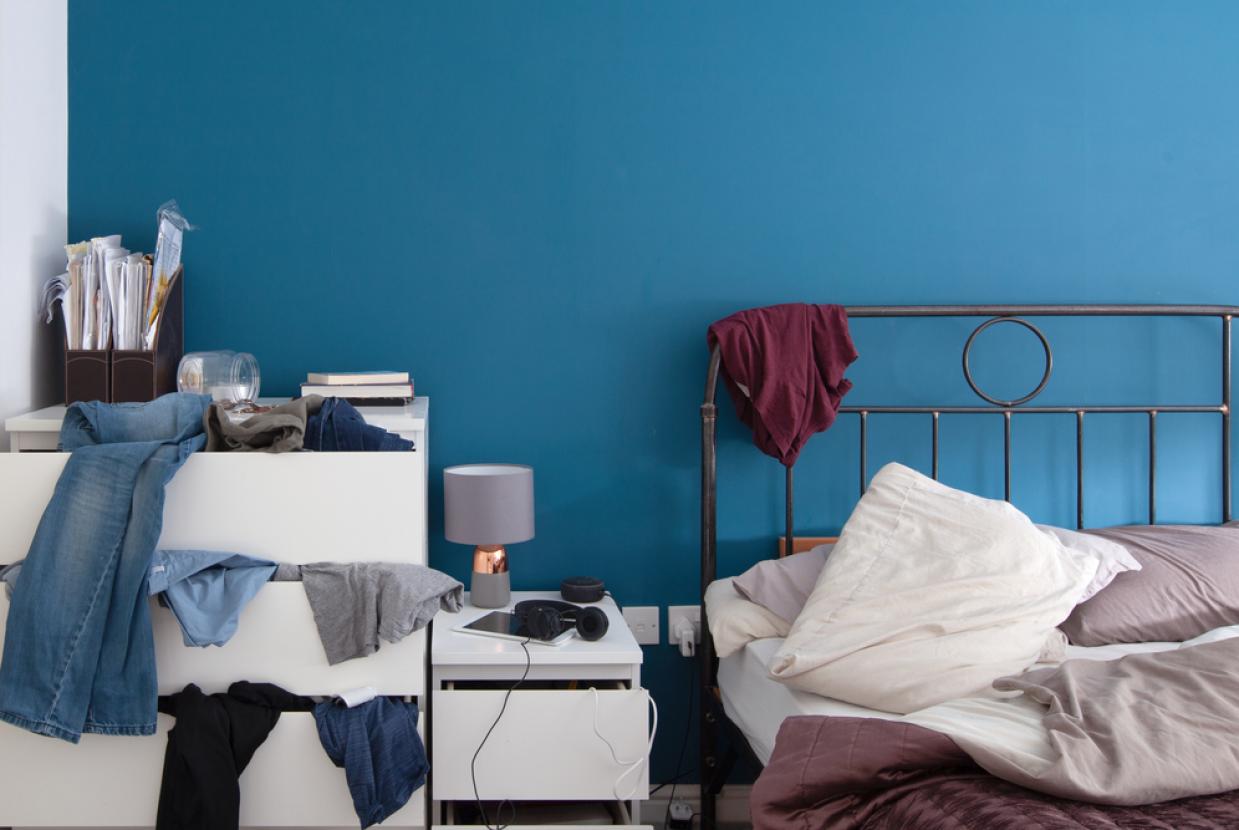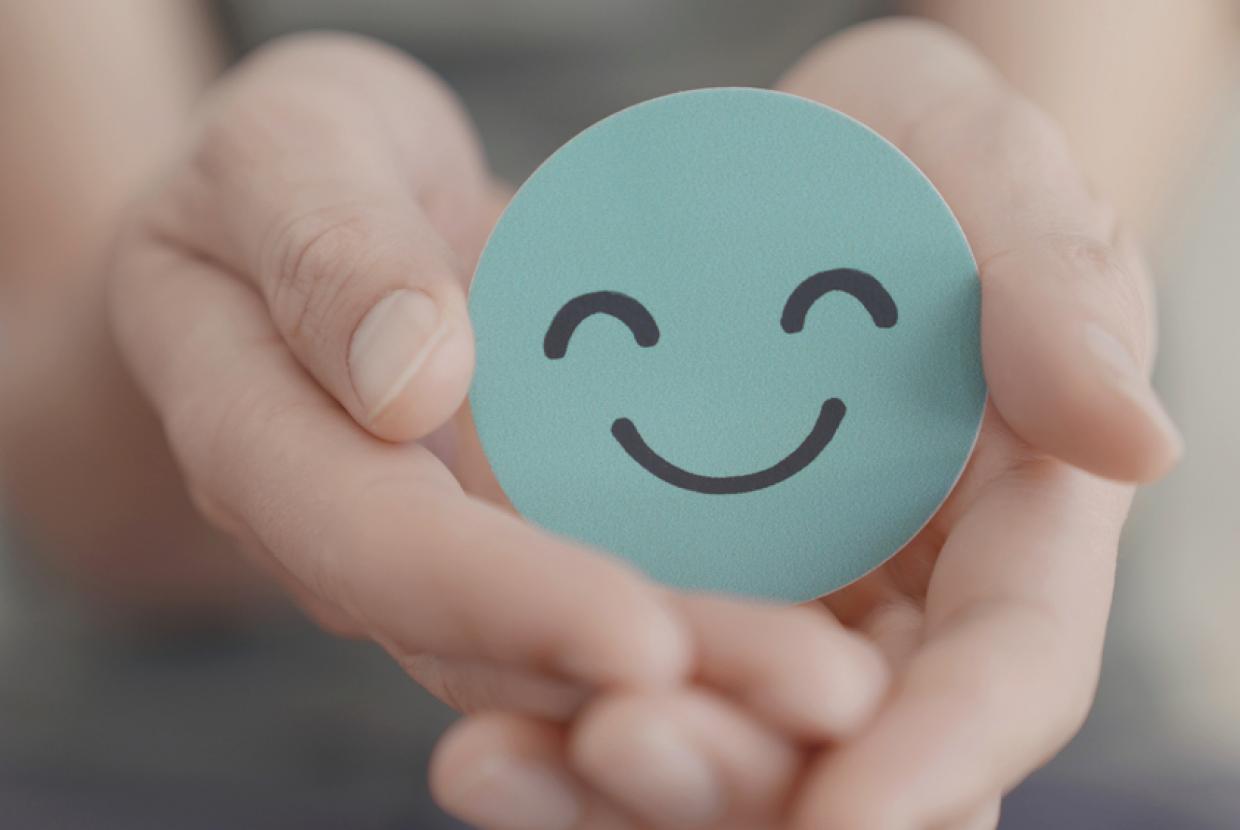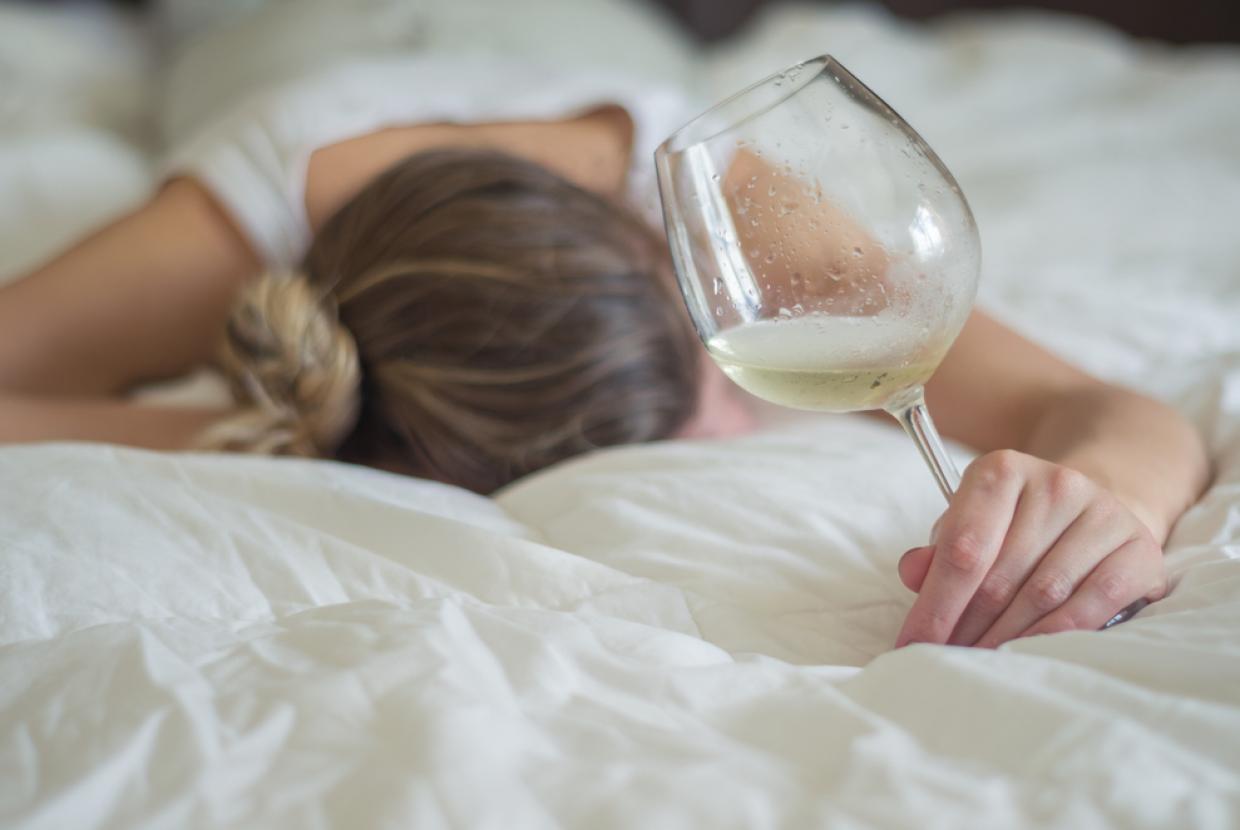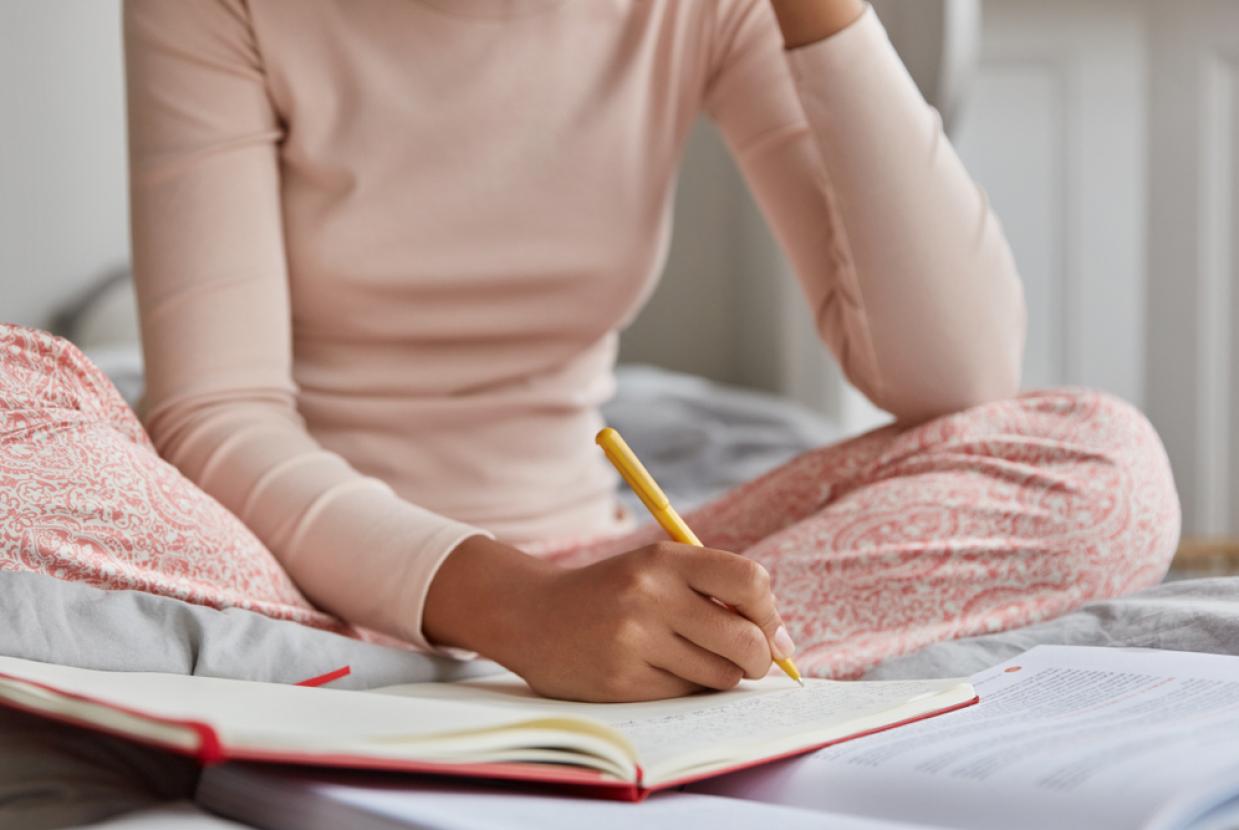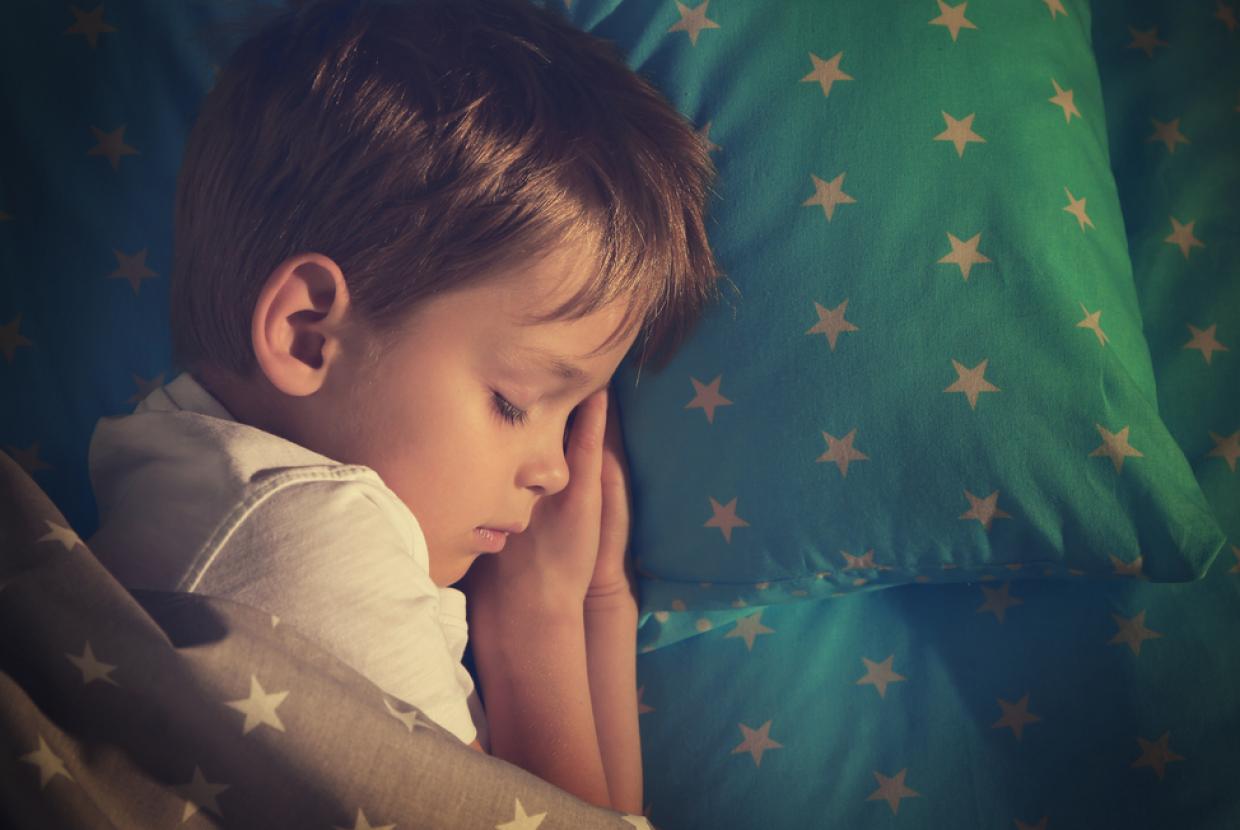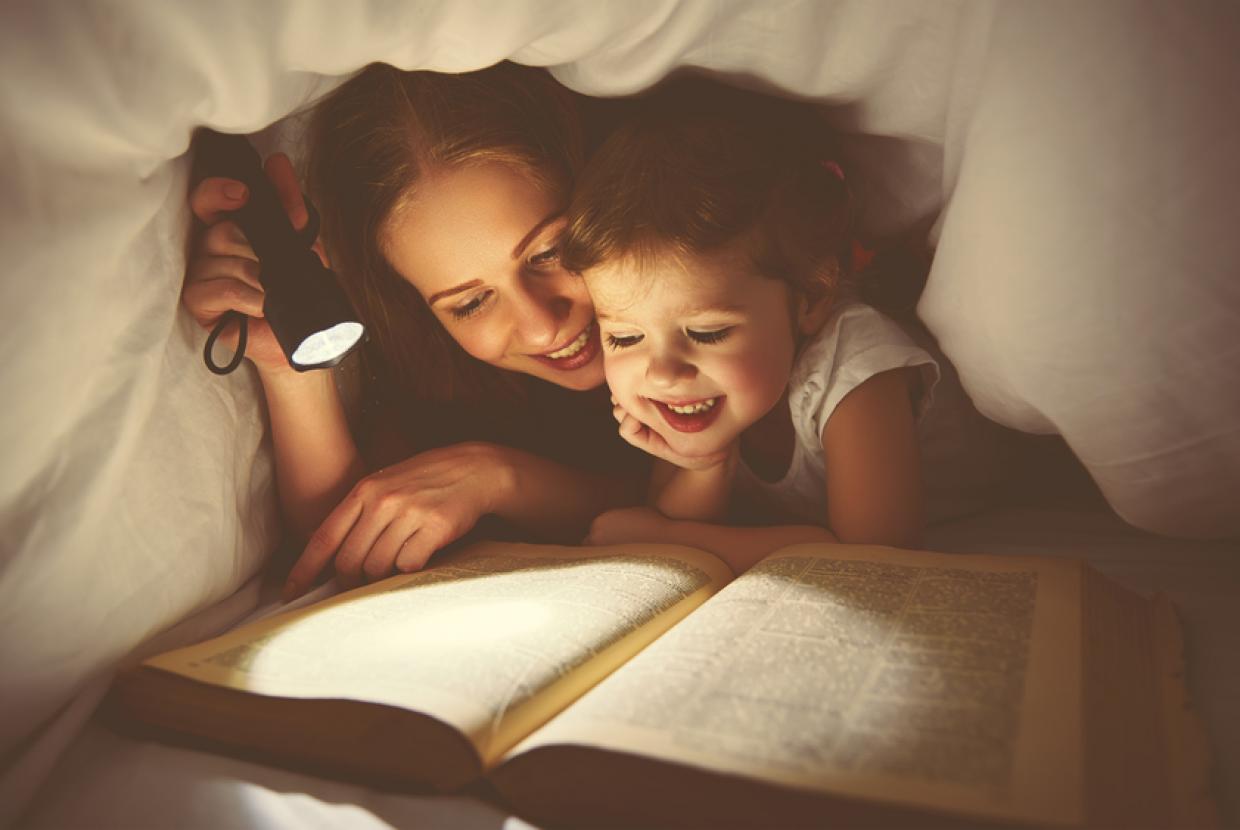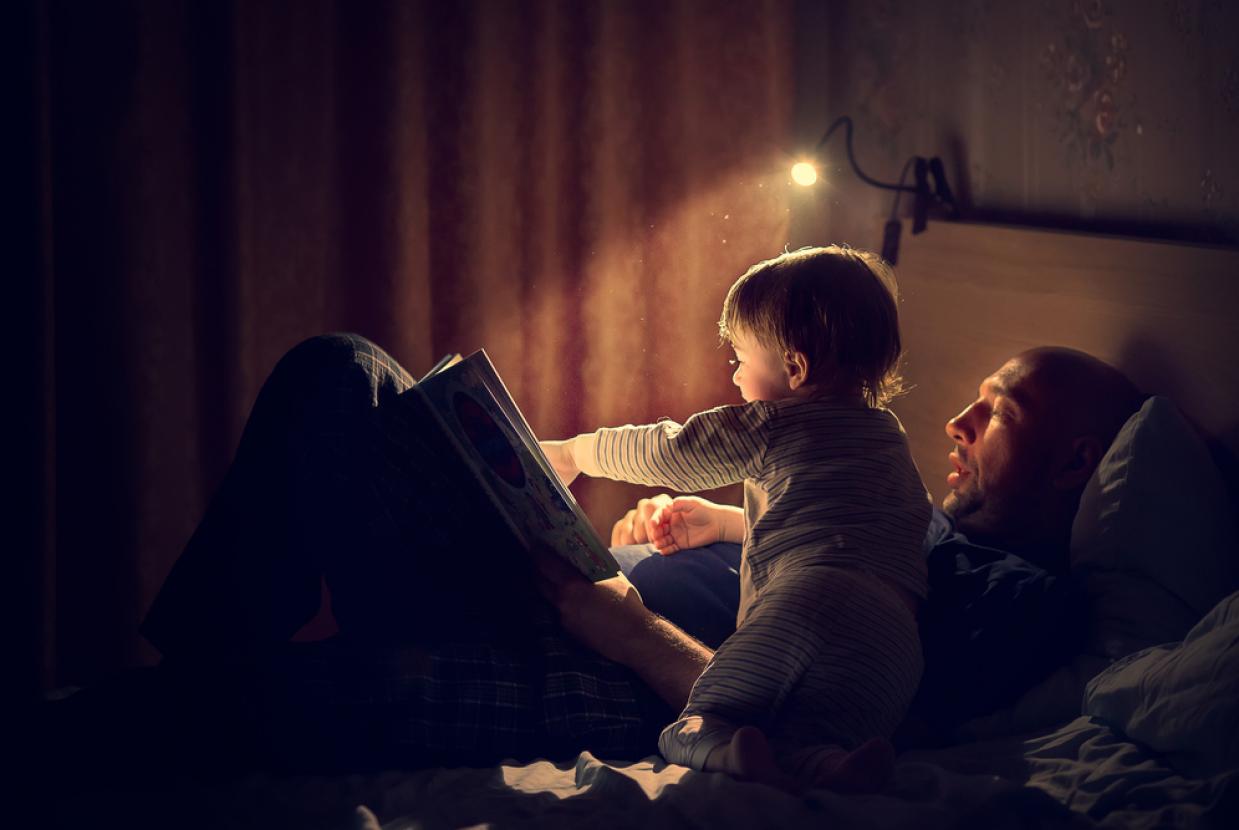How Stress Impacts Sleep
Sleeping BetterIt’s only natural in this current climate to find things confusing, scary and difficult.
And with clear indications that the Covid-19 pandemic is already beginning to have a significant impact on the nation’s mental health, we thought we’d take a look at how stress has a knock on effect on sleep.
According to a recent poll by the Mental Health Foundation, over one in five (22 per cent) of UK adults had felt panicked and three in 10 (30 per cent) had felt afraid because of the coronavirus pandemic. More than six in 10 adults (62 per cent) felt anxious or worried.
In times of stress, we may under or over-eat, lose interest in activities, feel agitated and struggle to concentrate. You may also experience problems sleeping – with difficulties falling asleep and staying asleep. Stress causes hyperarousal which can upset the balance between sleep and wakefulness.
It can be hard when you’re social distancing and isolating to get comfort and relief from the things you enjoy i.e. spending time with your family, going shopping or out for a meal. However you could use it a good opportunity to practise some self-care and do things you never get round to doing – like indulging in a good book, experimenting with new recipes or trying new workout routines at home.
You should also use this time to practise some sleep self-care too.
Top tips include:
Disconnect from devices
It’s much harder to switch off in an evening if you’re constantly checking your phone! Avoid checking emails, the news or social media which may cause worry or stress just before bedtime.
Choose chamomile
Choose something like a chamomile tea, known for its relaxing properties, or a milky drink rather than be tempted by a tipple in the evening.
Keep the bedroom a sanctuary
This is a room where you should feel calm and clear headed. Make sure you sleep on a comfortable, supportive bed, use luxurious bedding and keep the room cool, quiet and dark. Adorn the room with things you love but make sure it’s not cluttered.
Set the scene
When we start to turn down lights, our melatonin levels start to increase – this is the hormone we need to feel sleepy. Avoid using harsh, bright light in an evening, softer lighter or lamps are ideal in setting the scene. Candles also create an appealing ambience.
Write it down
Writing down our worries or even a to-do list can be very therapeutic. You want your last thoughts at night good ones or visualise yourself in your favourite place – happy thoughts really do promote happy relaxed dreams.
And relax…
Practice relaxation techniques and deep breathing exercises. Some may prefer to use guided meditation, mindfulness apps like Headspace or white noise to feel calm. Run a warm, foamy bath if you find it comforting and indulge with lavender scents. Do what makes you feel good.
Take a stress test
It could give you an idea of how stressed or anxious you are. Remember low levels of stress are part of everyday life but high levels over a long period can be seriously bad for our health.


